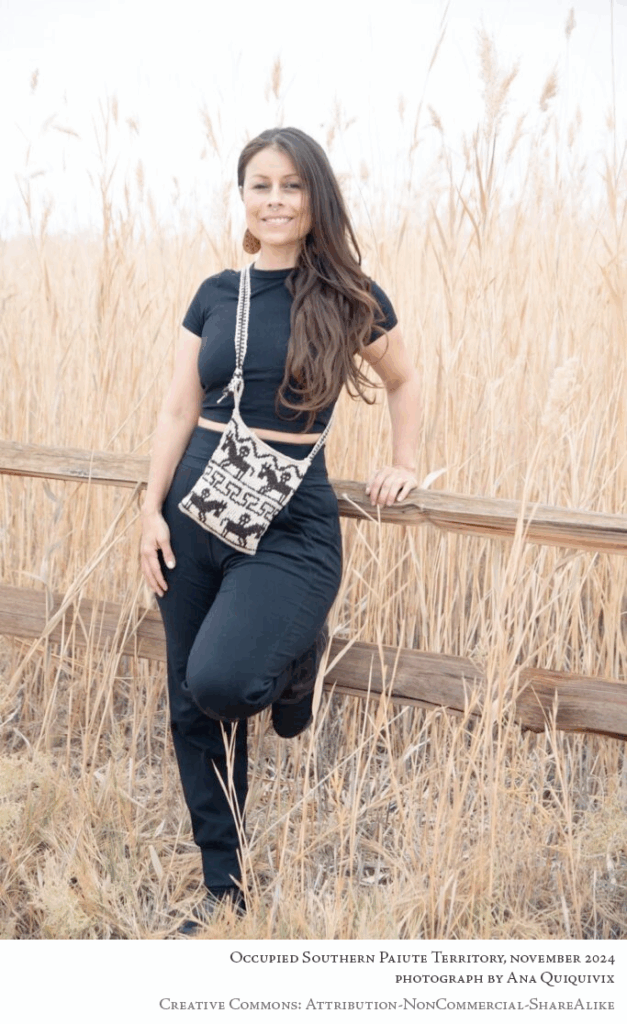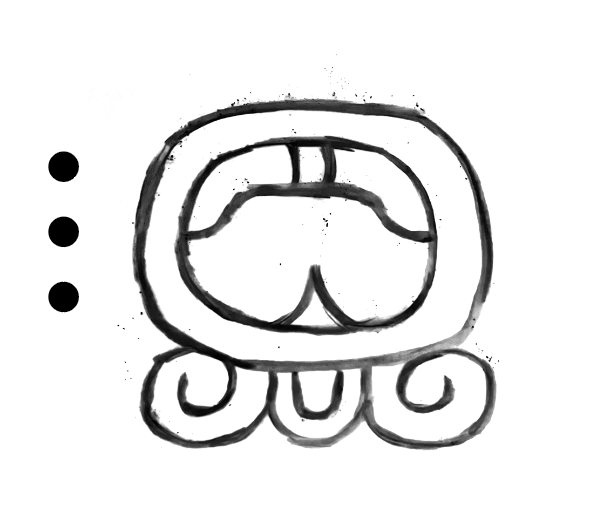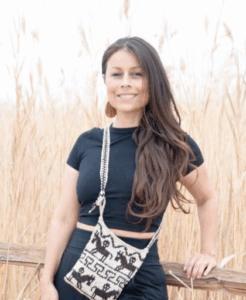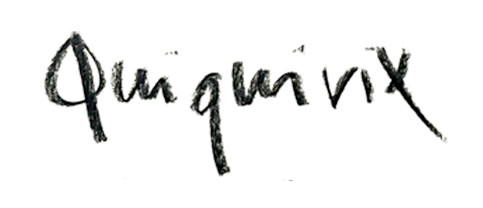
My name is Linda Quiquivix and I am a geographer of Maya-Mam roots raised by Palestinians, Zapatistas, Panthers, and jaguars.
My last name is pronounced kee-kee-veesh, a Maya-Mam name from Iximulew, the “Land of Maize,” a geography today sometimes called Guatemala/Southern Mexico/Belize/El Salvador/Honduras/Central America.
I am daughter of the undocumented migrant community from these lands now in Occupied Chumash and Tongva lands (Hueneme, Oxnard, Los Angeles).
My task in community is to feel-think together about our liberation movements across struggles, calendars, ways, and geographies while healing our great sadness.
My main concern is preventing ourselves from becoming the monsters we fight.
The question that guides my work is, How do we share the world together by respecting all our differences?
I have a doctorate in Geography from the University of North Carolina at Chapel Hill. As a student of the Critical Cartography school, I researched the modern history of Palestine’s maps and borders, which I detail in my book, Palestine 1492: A Report Back. They way I use the word “critical” is to mean investigating the assumptions of any argument out loud, especially the unspoken assumptions.
At Duke University I took courses for a Certificate in Middle East Studies, where I studied the history of the Modern Middle East. During this time, I had the honor of visiting Bilad Al-Sham (Syria, Lebanon, Jordan, Egypt) and living in and learning from Palestine, places that today are not the same as they were back then.
After graduating from Chapel Hill in 2012, I began a postdoctoral fellowship at Brown University in the Critical Global Humanities where I taught about Palestine, the Zapatistas, the Panthers, Marx, DuBois, and Fanon; and I learned about Wynter, Hartman, Spillers, and encountered the Afropessimists in a generative way.
In 2014 I left academia to place my training at the service of organized communities building autonomy from below and to the left, that is, against capitalism and toward a world where many worlds fit.
Compas often call me QuiQui, which to English speakers might look like it’s pronounced kwee-kwee, but that’s not it. Sometimes I spell it Kiki, and Arab compas always seem to write it QiQi all on their own, which I think I like most.
I often use the word compa, a shortened version of the Spanish words compañera, compañero, and compañeroa. It has several uses in Spanish, including coworker and comrade. A compa to me describes someone who accompanies in struggle side by side, from below, and toward the common.
May we one day call each other compa, or maybe we already do.




